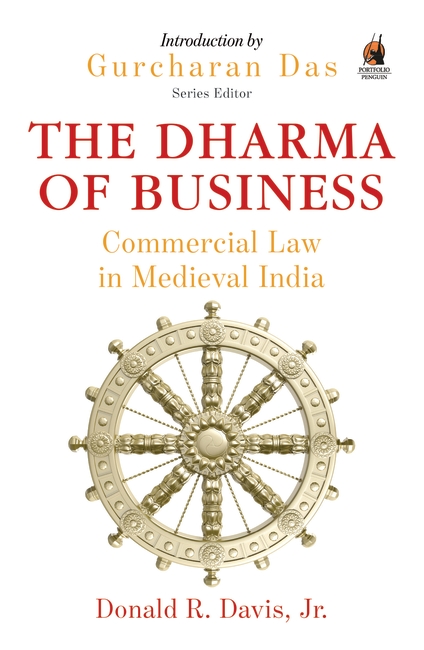
Business law in medieval and early modern India developed within the voluminous and multifaceted texts called the Dharmashastras. These texts laid down rules for merchants, traders, guilds, farmers, and individuals in terms of the complex religious, legal, and moral ideal of dharma.
This exciting book provides a new perspective on commercial law in this period. In addition to a description of the substantive rules for business, the book reinterprets the role of business and commerce within the law generally and demonstrates that modern assumptions about good business practice could benefit from the insights of this ancient tradition. It thus makes a compelling case for the relevance of the dharma of business to our own time.
Imprint: India Portfolio
Published: Jun/2017
ISBN: 9780143439899
Length : 184 Pages
MRP : ₹299.00
"If a worker's industriousness yields particularly strong profits, the owner must then pay a bonus."
